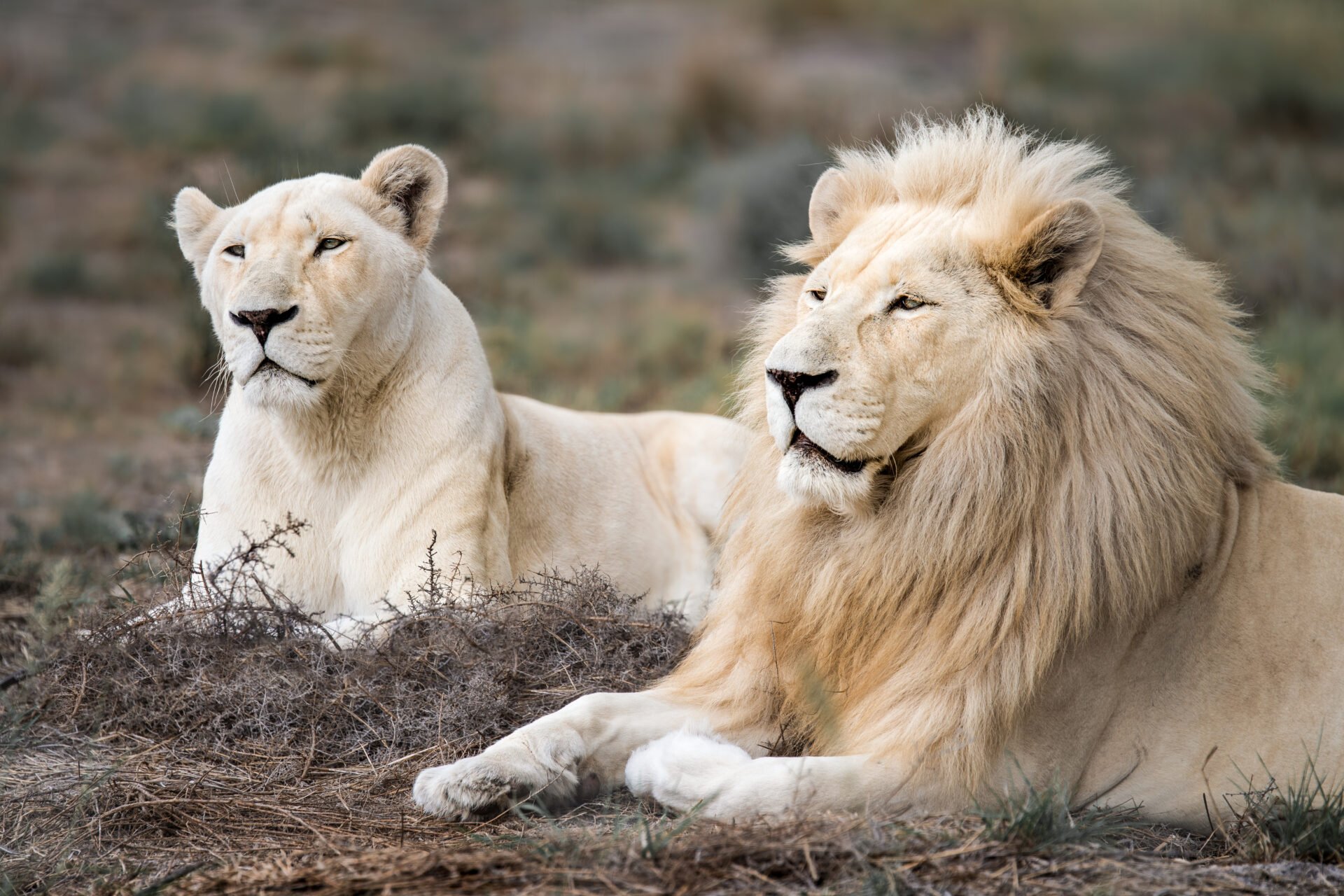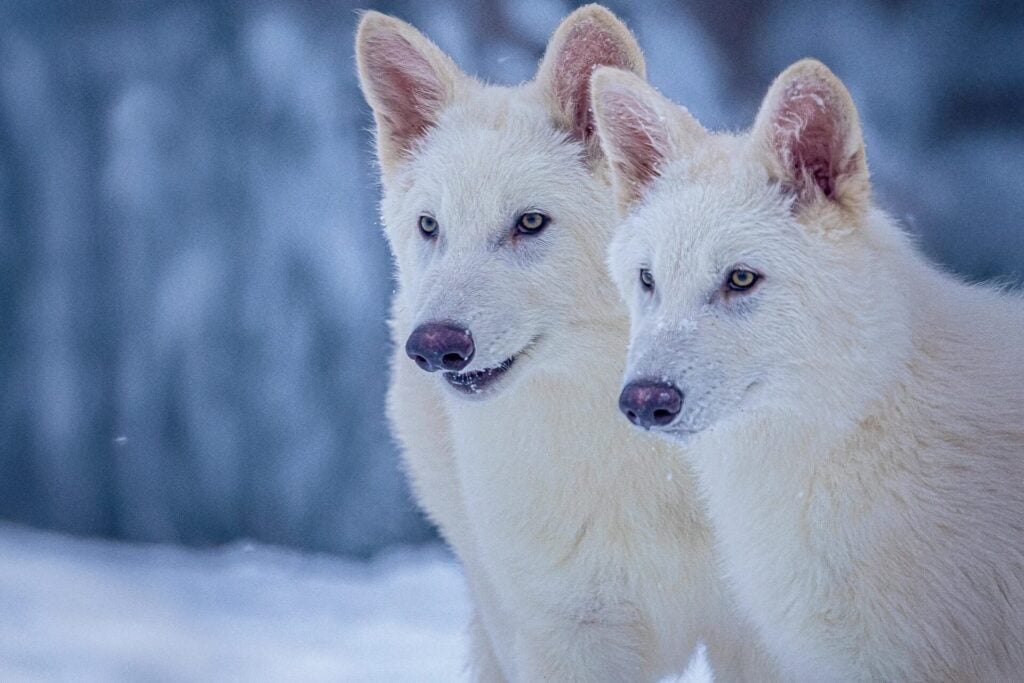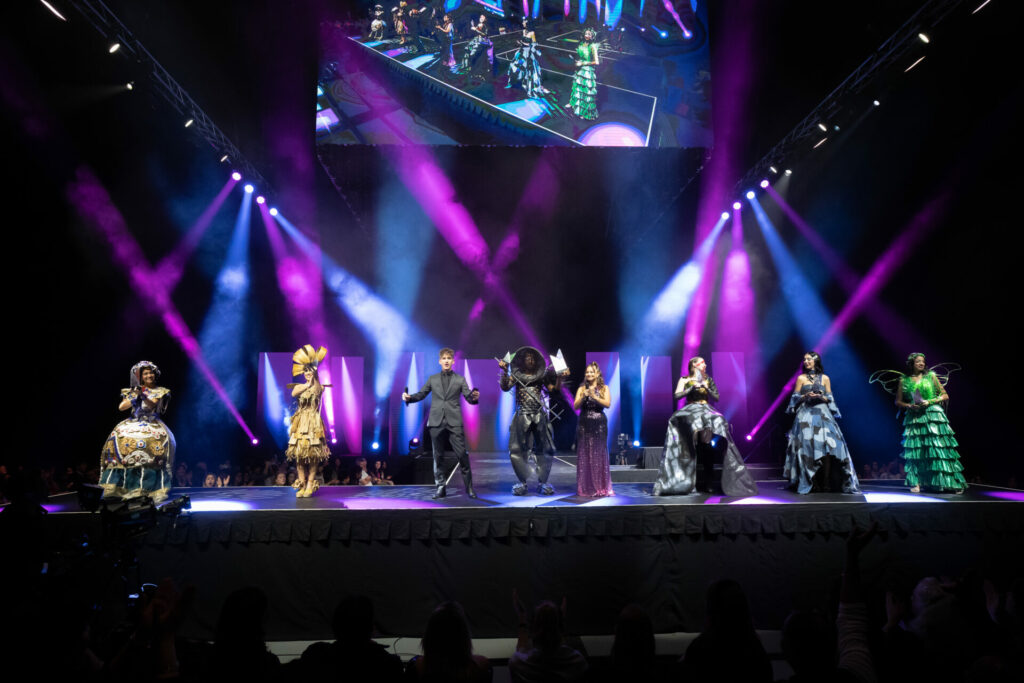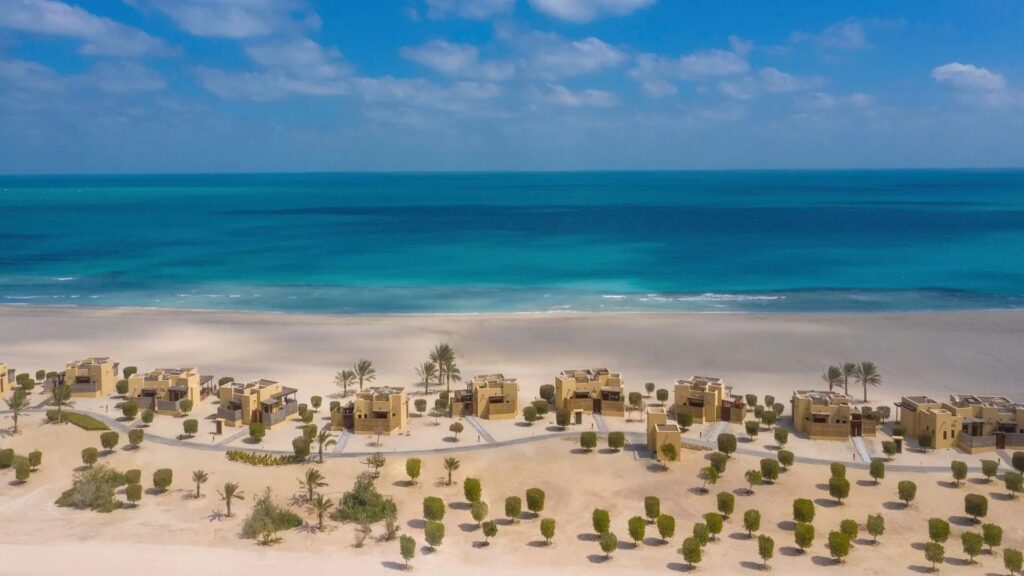White lions are at the heart of a growing wildlife welfare crisis in Thailand. Once considered a rare genetic anomaly in the wild, these striking animals are now being deliberately bred in captivity fuelled by tourist demand, social media trends, and the exotic pet trade.
A new study published in Discover Conservation reveals that nearly half of all lion cubs born annually in Thailand are white lions.
The troubling trend reflects a much wider issue: the population of captive lions in the country has more than tripled in just six years, growing from 131 lions in 2018 to over 444 in 2024.
The dramatic surge in captive lion breeding has prompted global animal welfare organisation FOUR PAWS to issue an urgent call for action against the commercial exploitation of big cats.
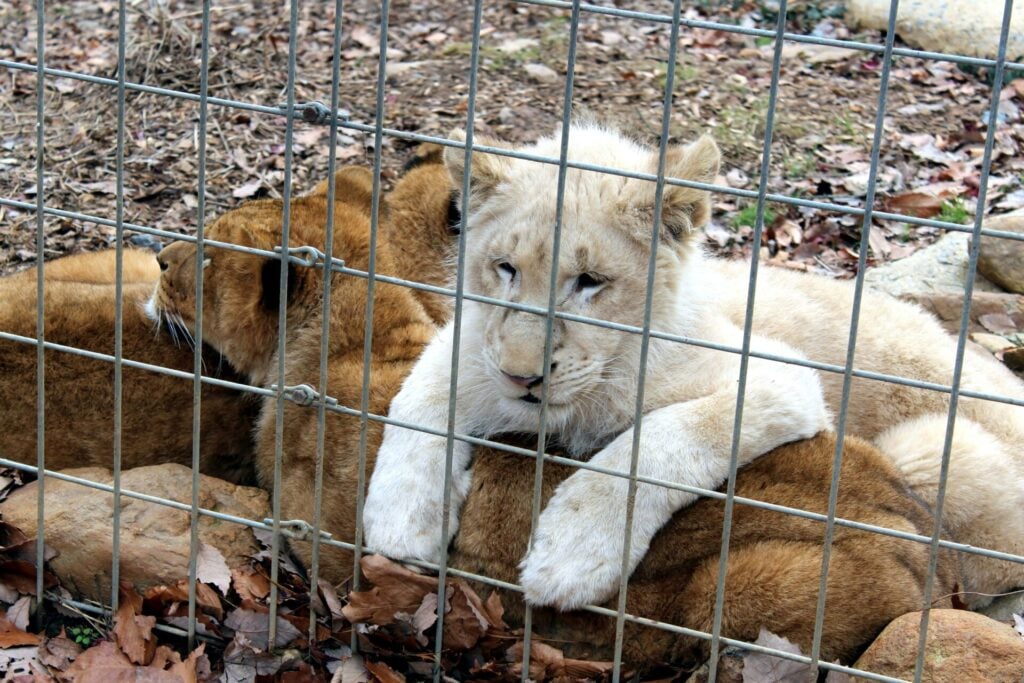
‘This is not a conservation success story, it’s a brutal warning sign,’ says Vanessa Amoroso, Navigator Animals in Entertainment and Work at FOUR PAWS. ‘This rise is driven by commercial breeding for entertainment, the exotic pet trade, and social media validation, all at the expense of the lions’ welfare, safety, and dignity.’
These animals are sold for as much as $7,500 each, fuelling an annual cub sales market valued at nearly $1 million. On average, 101 lion cubs are born in captivity in Thailand every year, nearly half of them white lions.
The study paints a grim picture of the situation on the ground. Over 90 per cent of captive lions in Thailand are held in private zoos and breeding farms. Some of these facilities house more than 50 lions each. The number of licensed breeding centres jumped from 31 to 82 in six years.
White Lion Boom
White lions are a main reason for this expansion. From just one recorded white lion in 2018, the number soared to 32 by 2024. These animals are sold for as much as $7,500 each, fuelling an annual cub sales market valued at nearly $1 million.
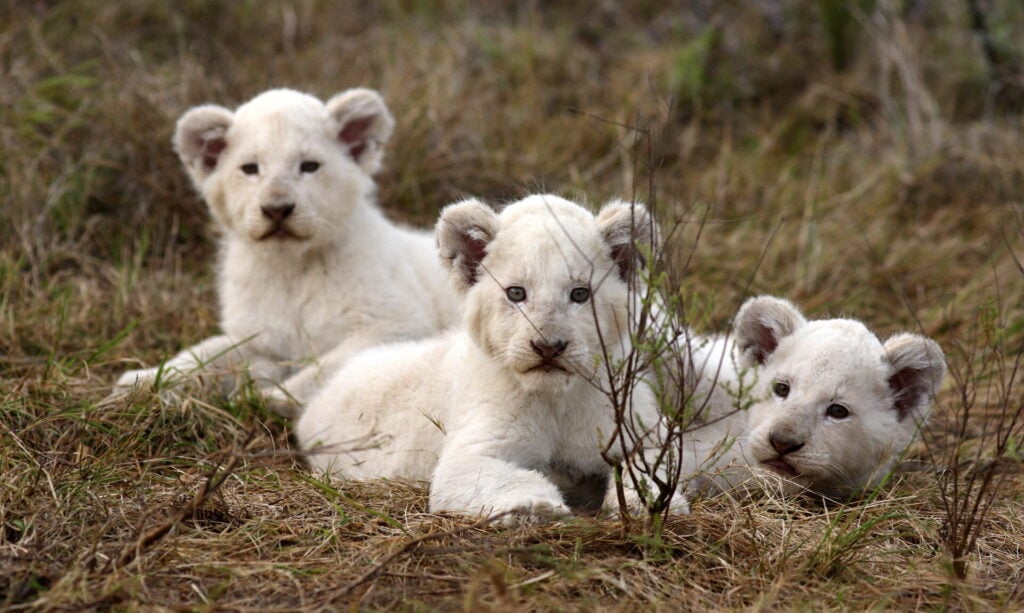
On average, 101 lion cubs are born in captivity in Thailand every year, nearly half of them white lions.
Behind the images shared on social media lies a dark existence for white lions. Many are often kept in inadequate conditions, suffer from chronic medical issues such as kidney disease, and live lives far removed from their natural behaviours and habitats.
Their existence is to serve as props for tourists and influencers.
‘The same patterns we’ve fought against in South Africa’s captive lion breeding industry are now repeating elsewhere,’ says Vanessa. ‘This is a global crisis that demands global resolve.’
South Africa, once infamous for its extensive captive lion breeding operations, began phasing out the practice in 2021 after years of activism and political pressure. However, with the industry now shifting across borders, countries like Thailand risk repeating the same mistakes.
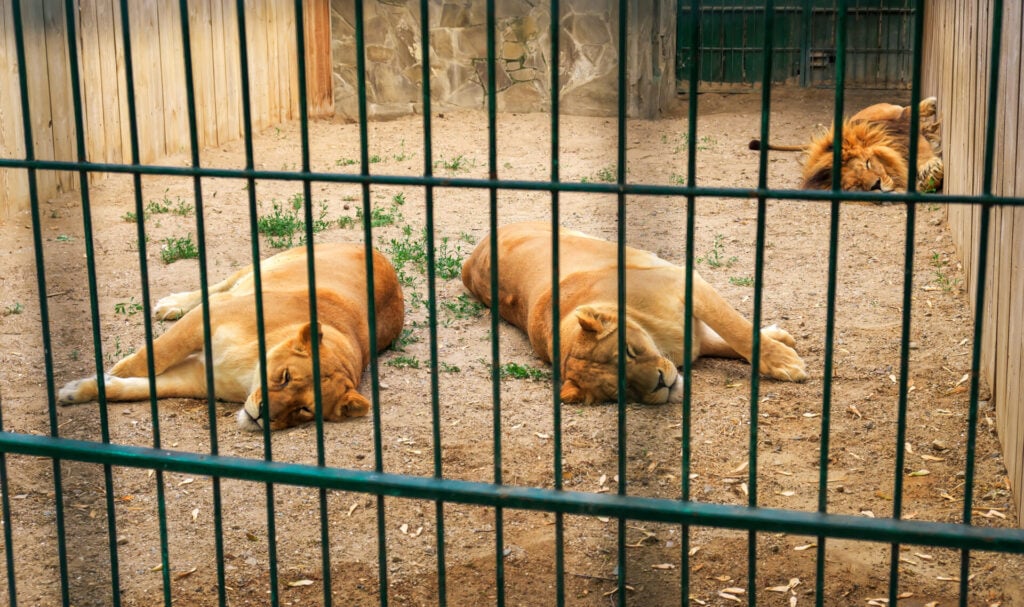
International cooperation is crucial. FOUR PAWS is urging Thailand to implement and enforce stronger legislation to prohibit the commercial breeding and exploitation of lions. The organisation is also calling on the global community to work together to dismantle the international trade in big cats and their body parts.
FOUR PAWS is urging the public to be aware of how their tourism choices impact animal welfare. Through its #TravelKind campaign, the organisation encourages travellers to avoid attractions that use big cats and other wildlife as entertainment or photo opportunities.
‘Without action, we are complicit in a system that commodifies cruelty,’ Vanessa warns. ‘South Africa is still grappling with the complex, painful task of closing down a captive lion industry that spiralled out of control. We do not want Thailand to face the same fate. The time to act is now.’
For more information or to support the campaign, visit www.four-paws.org.

